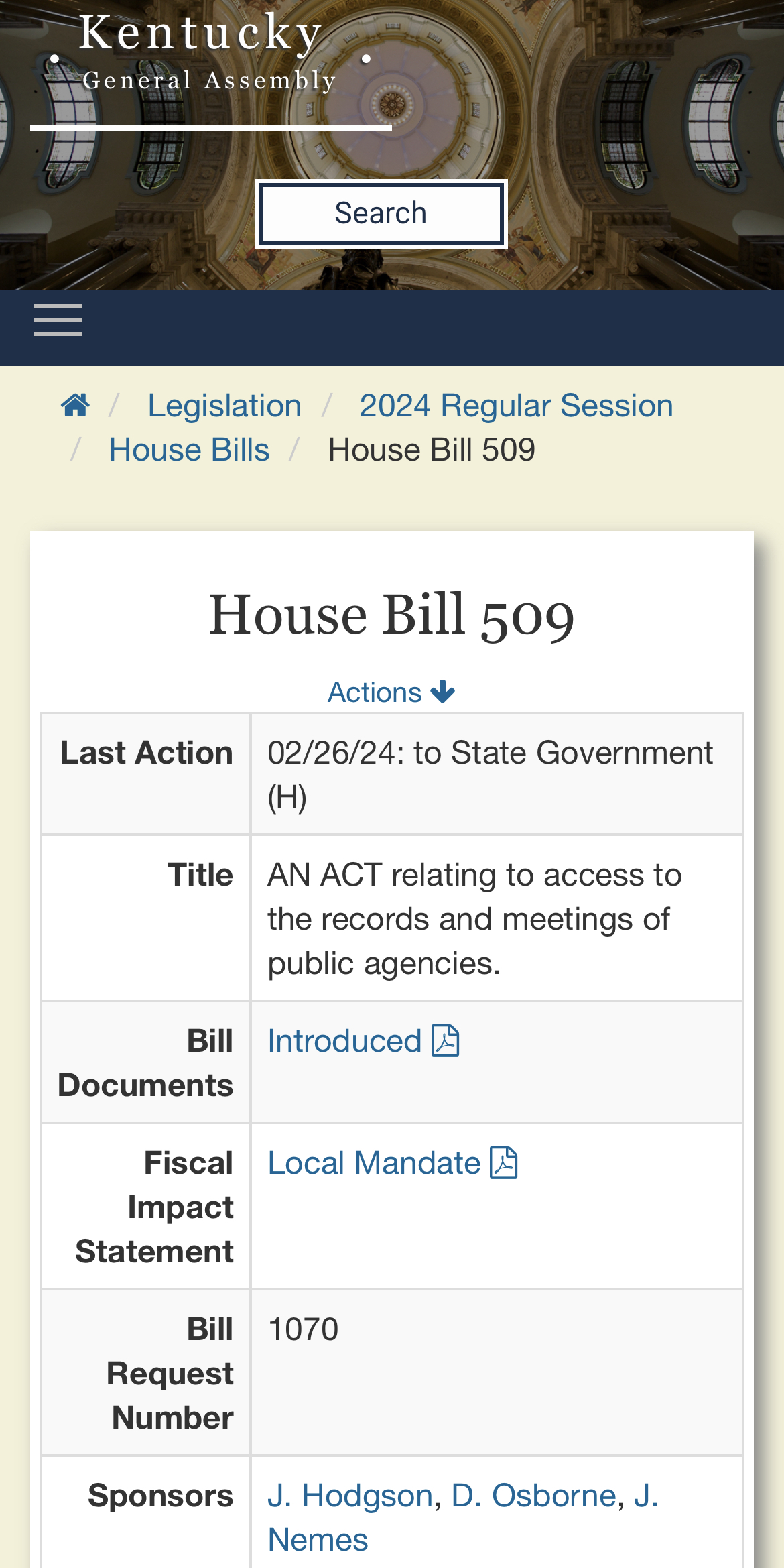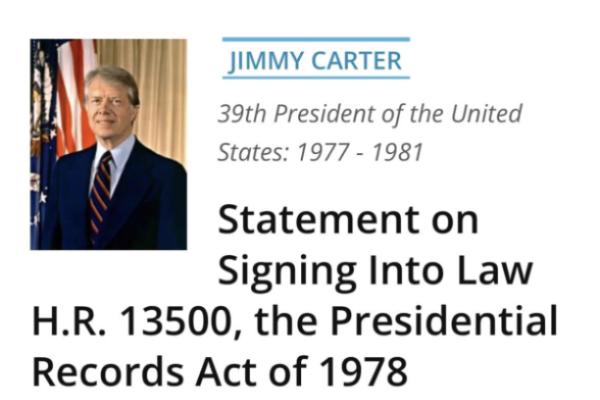
HB 509 has been assigned to committee. It could be heard as early as this Thursday. Unless a committee substitute is introduced, this is cause for tremendous concern.
https://apps.legislature.ky.gov/record/24rs/hb509.html
The bill that stakeholders of all political persuasions agree would gut Kentucky's open records law -- if enacted as written -- was assigned to the House State Government Committee on February 26.
If it advances through committee and on to the House -- as originally filed on February 12 -- HB 509 will represent the gravest threat to open government facing any state public records law in the 2024 legislative cycle.
So says David Cullier -- director of the Joseph L. Brechner Freedom of Information Project at the University of Florida College of Journalism and Communications -- a widely recognized open government expert.
https://www.jou.ufl.edu/staff/david-cuillier/
Indeed, commented Cullier in a recent discussion with a Kentucky Open Government Coalition representative, if enacted as originally filed, HB 509 will land Kentucky's open records law near or at the bottom of United States and world freedom of information rankings.
This is no exaggeration.
Under the original language of HB 509 "public record" was redefined to exclude all records except those "which document, record, memorialize, or give notice to a person outside the public agency of a transaction or final action" -- in essence, those records (like a contract or an invoice) that are regularly accessible on a public agency website.
The original bill also expressly excluded from the definition of "public record":
1. Preliminary drafts;
2. Notes;
3. Correspondence with private individuals, other than correspondence which is intended to give notice of a transaction or a final action;
4. Preliminary recommendations or discussions;
5. Scheduling matters;
6. Communications of a purely personal nature unrelated to any governmental function;
7. Memoranda, emails, or text messages in which opinions are expressed or policies formulated or recommended;
8. Information or documents stored or retained on a device or email account that is the personal property of a current or former employee, officer, board member, or commission member."
In its original form, HB 509 erects an impenetrable barrier to public access to these records -- the very records that afford the public insight into how and why final action taken (•why•, for example, local taxes are increased, •why• the chief of police is removed, •why• a dentist's license is revoked, •why• local government lacks the resources to equip police with body cameras or a school board is unable to hire a qualified school resource officer). The "how and why" are all!
The message HB 509 sends, as filed on February 12, is that "free and open examination of public records is •not• in the public's interest," "the formation of public policy is •not• public business," and "the people, in delegating authority, . . . give their public servants the right to decide what is good for them to know" and what is not good for them to know.
https://apps.legislature.ky.gov/law/statutes/statute.aspx?id=23058
https://apps.legislature.ky.gov/law/statutes/statute.aspx?id=23042
https://casetext.com/case/lexington-herald-leader-v-univ-of-ky
We remain hopeful that Rep. Hodgson will honor his commitment to rewrite HB 509.
https://www.courier-journal.com/story/news/politics/ky-general-assembly…
https://www.kentucky.com/news/politics-government/article285578202.html
https://www.paducahsun.com/opinion/editorials/opinion-decision-to-rewri…
This means:
• eliminating the sections on pages 4 and 5 (redefining "public record) by restoring the original definition of "public record" (with no amendment);
• returning the •original• exceptions to their previous location at KRS 61.878(1)(a) through (s);
• AND eliminating altogether the exclusion for "Information or documents stored or retained on a device or email account that is the personal property of a current or former employee, officer, board member, or commission member."
This new exclusionary language is an invitation to abuse. No matter how many "sanctions" for unauthorized use of nonpublic accounts and devices HB 509 authorizes in the first three pages, "bad public actors will continue to act badly" and secret away public business on their personal accounts or devices.
In this critical moment, will Rep. Hodgson listen to the voices of the voters who elected him, groups on both ends of the political spectrum, and his own conscience and present a committee substitute that reflects these changes? Or will he be beguiled by fellow lawmakers whose false entreaties and misrepresentations will lead all Kentuckians down the path to certain government secrecy and destruction?
We remain hopeful for the former.



